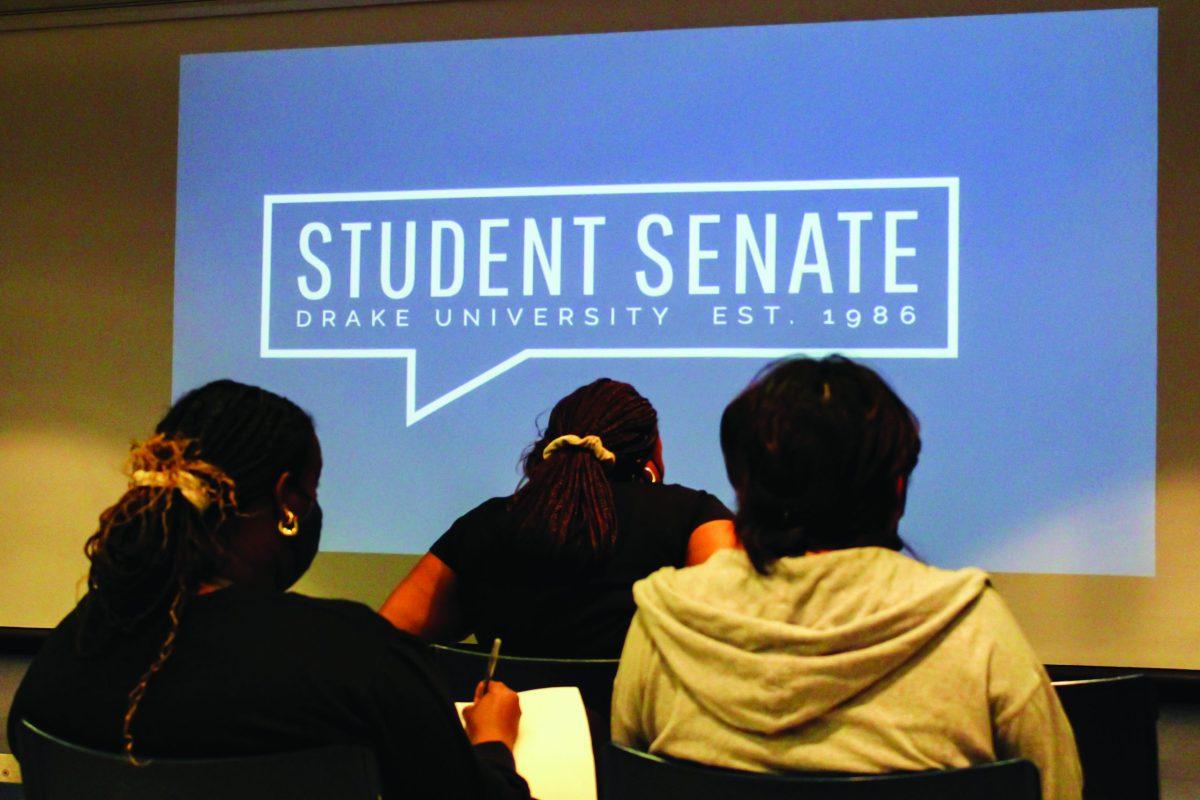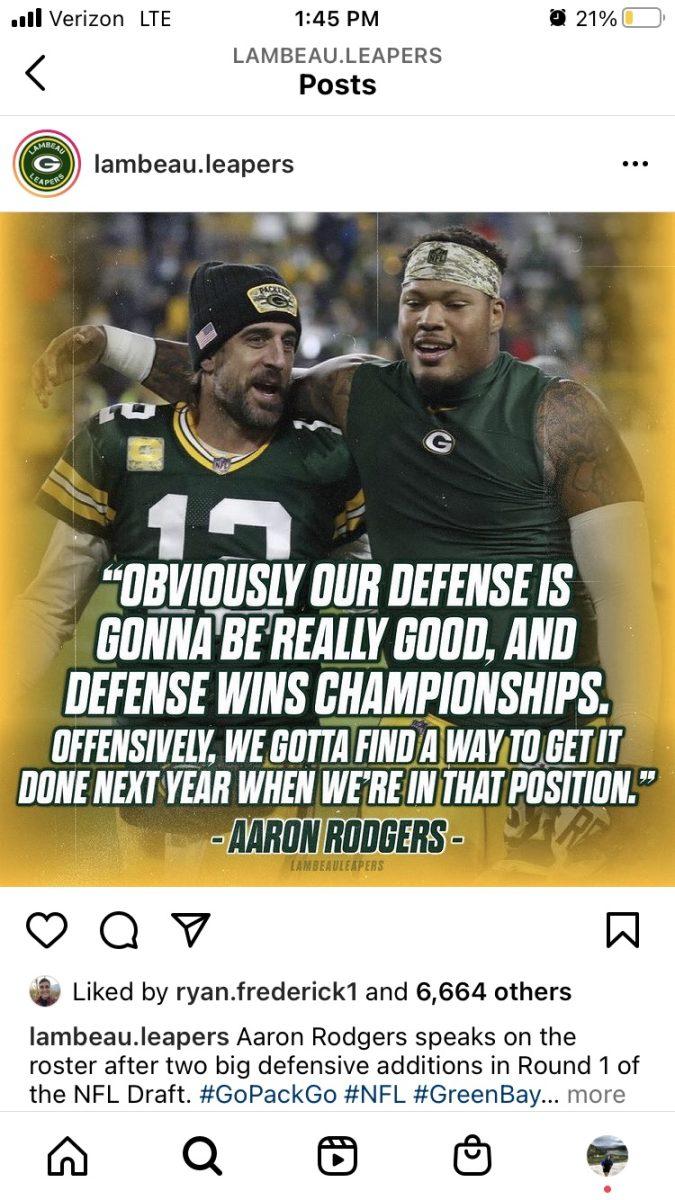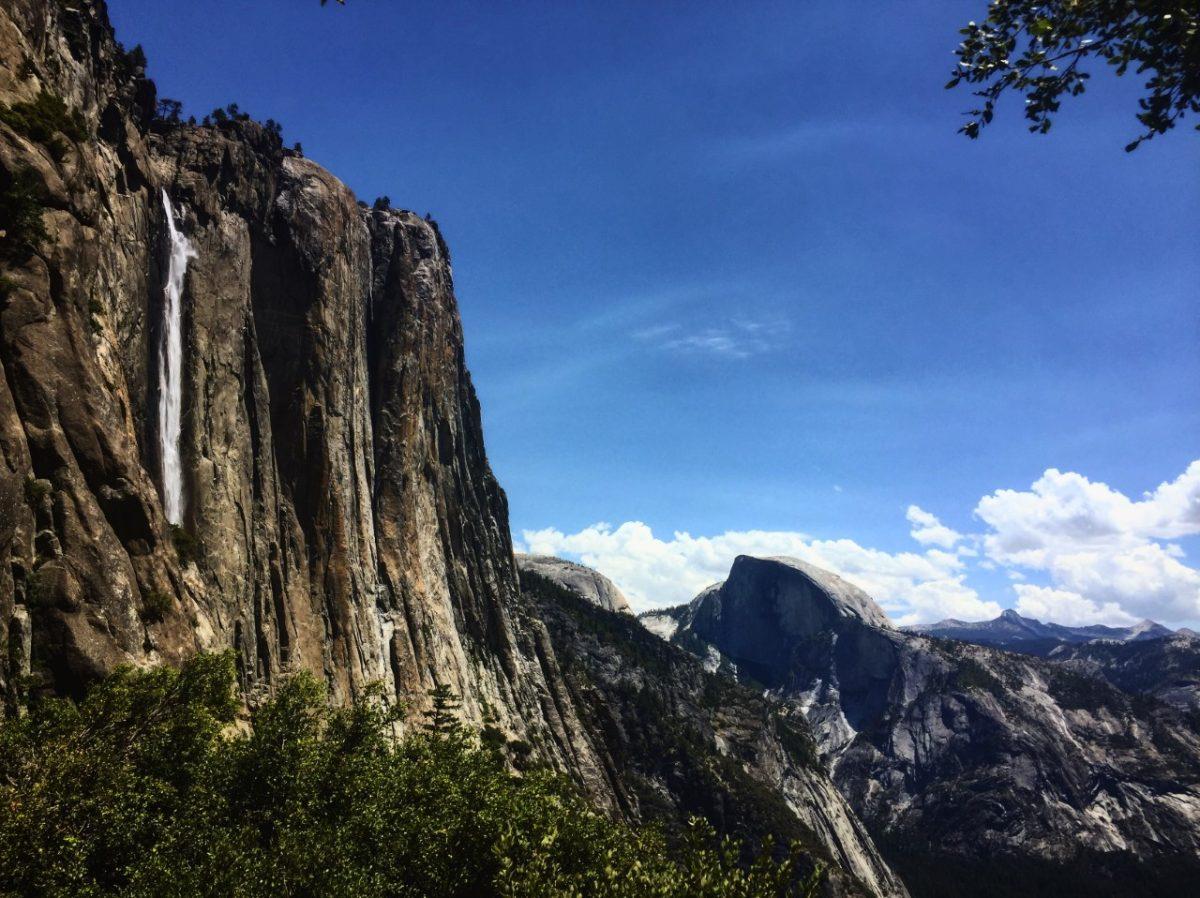Ever since Russia’s attack on Ukraine earlier this week, sports leagues, teams and players have protested and severed ties with Russian sponsors and any affiliation with Russia.
On Monday, Feb. 28 FIFA, the global governing body for soccer, and UEFA, the European governing body, announced they have banned all Russian national soccer teams and clubs from competitions “until further notice”. This ban could affect and remove Russia from next month’s qualifying playoff games for the Men’s World Cup. The World Cup is one of the biggest international sporting events.
“Football is fully united here and in full solidarity with all the people affected in Ukraine,” FIFA said in a statement. “[We] hope that the situation in Ukraine will improve significantly and rapidly so that football can again be a vector for unity and peace amongst people.”
Before Monday’s stronger sanctions, FIFA faced backlash with some saying they had not done enough to punish Russia for its attack on Ukraine. Officials from Poland, Sweden and the Czech Republic pressured for a full ban as their federations would have potentially had to play Russia in trying to qualify for the World Cup.
Russia’s women’s national team would also be affected by the UEFA ban and will likely not be able to compete in the 2022 Women’s European Championship, which is this summer. Russian Club Spartak Moscow qualified for the Europa League round of 16 will face the effects from the ban as well.
UEFA relocated its Champions League final from St. Petersburg in Russia to Paris, France a few days prior to the most recent sanctions. They also announced they would end its sponsorship deal with state-owned oil company, Gazprom. Gazprom has been in a UEFA partnership since 2012 and the deal was worth about €50 million a year. On Monday, German Club Schalke 04 also ended their sponsorship deal with Gazprom.
Athletes themselves have come out against the war and called for Russia to stop their invasion. Players from the Sacramento Kings and Denver Nuggets in the NBA came together before their Thursday, Feb. 24 game for a moment of silence in solidarity for Ukranians. Ukrainian player Alex Len was in the center. NHL star and Russian, Alex Ovechkin issued a statement last Friday. The statement said “Please, no more war. It doesn’t matter who is in the war-Russia, Ukraine, different countries-we have to live in peace”.
The IOC executive board also announced Monday that they are recommending sports organizers to not invite or allow “the participation of Russian and Belarusian athletes and officials in international competitions.” Belarusian athletes are included into this ban as Belarus is supporting the Russian invasion. The International Paralympics Committee will meet later this week to discuss the participation ofRussian athletes into the games. These are just some of the most recent bans on Russia within the sports world. Over the last few days many federations, teams and athletes have dropped anything to do with Russia.
Although these bans don’t do a whole lot, they are symbolically significant and add more pressure onto Putin to end the war. It also shows a growing movement for players and organizations to participate in protests and social justice.
It’s hard to tell what other repercussions and sanctions Russia faces in the sports world. Some have advocated Russia be banned from the Olympics and other major sporting events due to their state-wide doping scandal and their invasion of Ukraine.




